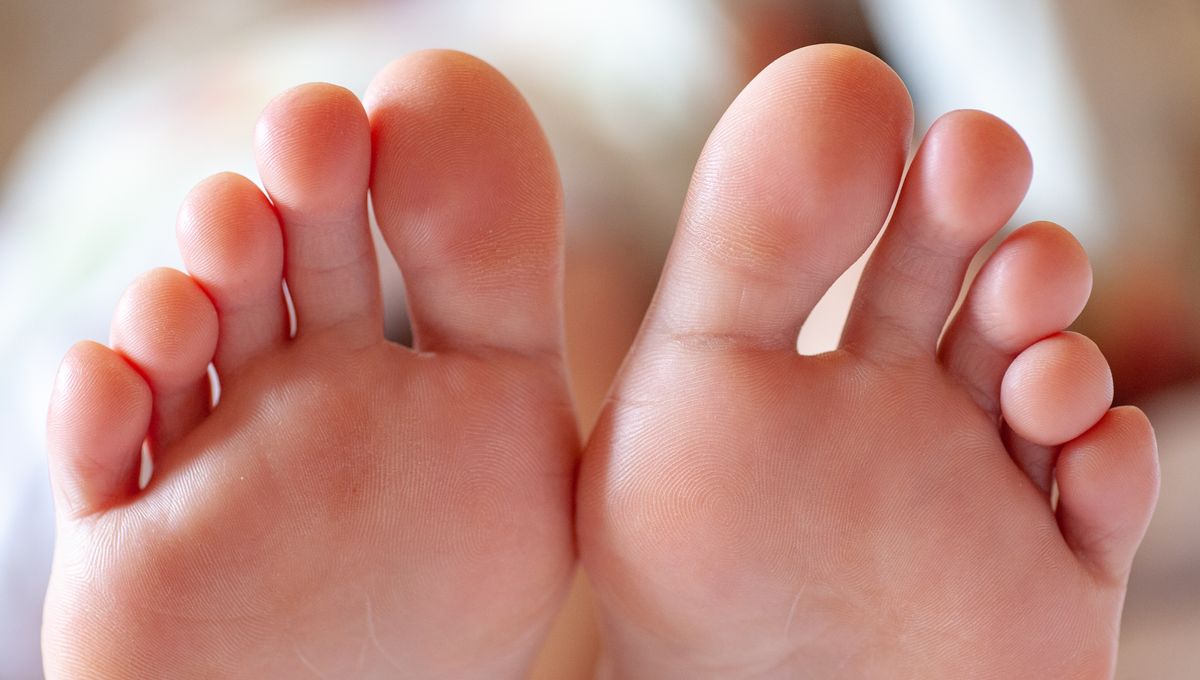
Some might think that having more fingers and toes could be, well, handy – we could type faster, or more importantly, stack even more Funyuns on our fingers. So why did evolution decide to leave us with 10 fingers and 10 toes? And could we get our old ones back?
Fossil evidence has shown that tetrapods – the fancy name for four-limbed animals – of eons past often had more than five digits, known as polydactyly. Acanthostega, a genus that lived around 360 million years ago, had eight digits on each foot, for example. Around 15 million years later, however, fossils reveal tetrapods with five digits.
Why the relatively sudden reduction in tetrapodean tootsies? Besides the advantage of not having to come up with extra lines for “12345, once I caught a fish alive”, there may be clues in the changes that occurred in the rest of the limb, and where later tetrapods spent their time.
Researchers believe tetrapods in the Late Devonian period were primarily land-dwelling and had developed a limb bone structure that made walking on land far easier. In comparison, early tetrapods like Acanthostega and Icthyostega had an L-shaped bone in their upper limbs that may have restricted their mobility on land. Given that they were thought to have spent more time in or near water, it stands to reason they wouldn’t yet need super flexible legs.
Seeing as this change in bone structure and digit number happened around the same time, it could be that having fewer digits also helped with living on land. At the moment, this is just a theory – palaeontologists don’t have enough fossil evidence to reach any solid conclusions.
As fellow tetrapods, could humans ever get their extra extremities back? Science says probably not, at least not via evolution. There’s a well-known principle within evolutionary biology called Dollo’s Law. Like dropping your smartphone down a drain, the concept is that once an organism loses a complex structure, it’s unlikely it will get it back.
In practice, life is beginning to show exceptions to the rule. Back in 2017, scientists discovered a lizard that had re-evolved its ability to lay eggs. Nevertheless, events such as this are still relatively rare.
If you’re not willing to wait for the evolutionary lottery, then theoretically, it’s possible to reintroduce or edit the genes involved in digit formation. Fiddling about in this way might not be a good idea – if you’re not convinced by the outcome of Jurassic Park alone, then it’s useful to know that these genes are often involved in the development of the body as a whole.
In the meantime, 10 fingers and toes can do plenty of cool stuff already.
Source Link: Why Do We Only Have 10 Toes?